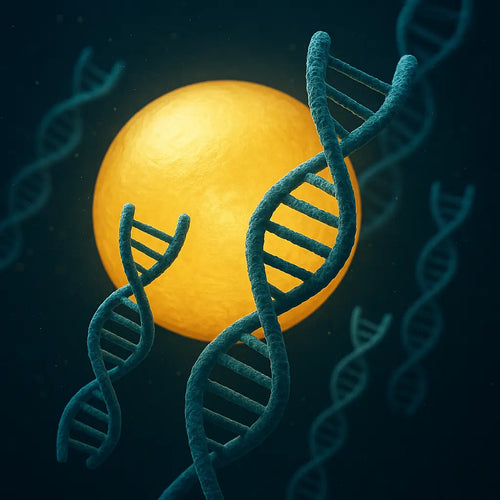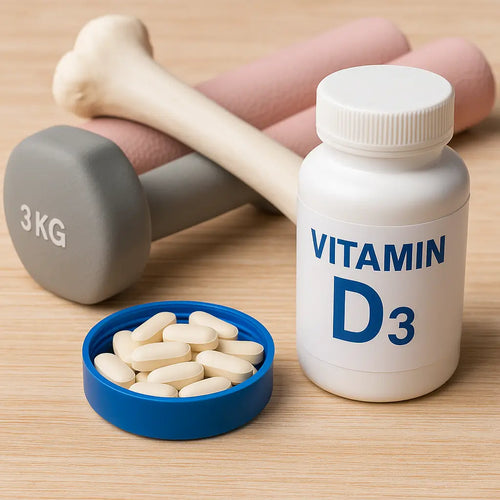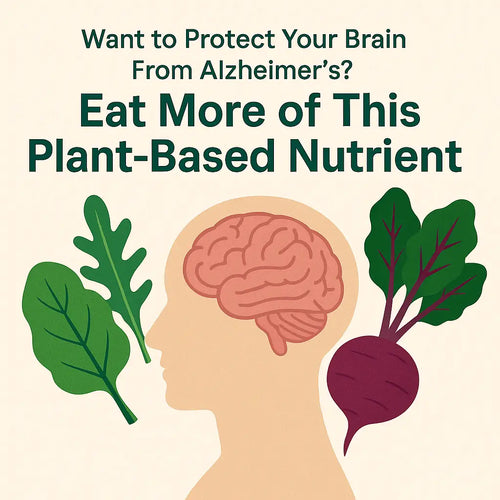If you have watched the news lately, you have probably heard about a study linking increased risk of prostate cancer with omega 3 fatty acids ( Brasky TM, et al. 2013). The media, looking for big headlines, presented this as a new truth about omega 3 fat. Supposedly, it was now dangerous to eat fish and take fish oil. If you have followed this, you have probably also seen a lot of objections to that conclusion, and authorities in this field have been pointing out flaws in the study.
This study is a good example of bad science. The conclusion that omega 3 fatty acids are causing prostate cancer can not be made. It was not a cause and effect study, showing that if you take omega 3 fatty acids you get prostate cancer.
These researchers did not account for important risk factors for prostate cancer. Without doing that, a lot of things can be found to cause prostate cancer. The study participants who developed prostate cancer could have started to take omega 3 fat after they had already been diagnosed with prostate cancer, yet there was no information related to that possibility.
The study did not consider any of the research showing that omega 3 fatty acids are beneficial if you have prostate cancer. Harvard University researchers have completed research on the effects of omega 3 fatty acids from fish on prostate cancer incidence and mortality which included 20167 men and 382144 person-years of follow ups (Chavarro JE, et al. 2008). They found that omega 3 fatty acids from fish was unrelated to prostate cancer incidence, but may improve prostate cancer survival. A Canadian study found no strong evidence for a protective association of fish consumption with prostate cancer, but it did show a significant 63 percent reduction in prostate cancer specific mortality.
How about women, breast cancer and omega 3 fatty acids?
As an example, one study concluded that DHA, one of the active ingredients in omega 3 fatty acids from fish, may slow the proliferation of tumor cells and minimize their metastatic potential (Blanckaert V,et al. 2010). There are also numerous studies showing benefits for the brain as well as the cardiovascular system. I don’t think all of this research can be wrong, so I prefer to keep taking my omega 3 fish oil.









